C#读写文件总结
1、使用FileStream读写文件 文件头: using System;
using System.Collections.Generic;
using System.Text;
using System.IO; 读文件核心代码: byte[] byData = new byte[100];
char[] charData = new char[1000];
try
{
FileStream sFile = new FileStream("文件路径",FileMode.Open);
sFile.Seek(55, SeekOrigin.Begin);
sFile.Read(byData, 0, 100); //第一个参数是被传进来的字节数组,用以接受FileStream对象中的数据,第2个参数是字节数组中开始写入数据的位置,它通常是0,表示从数组的开端文件中向数组写数据,最后一个参数规定从文件读多少字符.
}
catch (IOException e)
{
Console.WriteLine("An IO exception has been thrown!");
Console.WriteLine(e.ToString());
Console.ReadLine();
return;
}
Decoder d = Encoding.UTF8.GetDecoder();
d.GetChars(byData, 0, byData.Length, charData, 0);
Console.WriteLine(charData);
Console.ReadLine(); 写文件核心代码: FileStream fs = new FileStream(文件路径,FileMode.Create);
//获得字节数组 byte [] data =new UTF8Encoding().GetBytes(String);
//开始写入
fs.Write(data,0,data.Length); //清空缓冲区、关闭流
fs.Flush();
fs.Close(); 2、使用StreamReader和StreamWriter 文件头: using System;
using System.Collections.Generic;
using System.Text;
using System.IO; StreamReader读取文件: StreamReader objReader = new StreamReader(文件路径);
string sLine="";
ArrayList LineList = new ArrayList();
while (sLine != null)
{
sLine = objReader.ReadLine();
if (sLine != null&&!sLine.Equals(""))
LineList.Add(sLine);
}
objReader.Close();
return LineList; StreamWriter写文件: FileStream fs = new FileStream(文件路径, FileMode.Create);
StreamWriter sw = new StreamWriter(fs);
//开始写入
sw.Write(String);
//清空缓冲区
sw.Flush();
//关闭流
sw.Close();
fs.Close();
原文地址:http://shrewdwolf2008.blog.51cto.com/313377/88198
| 欢迎访问最专业的网吧论坛,无盘论坛,网吧经营,网咖管理,网吧专业论坛
https://bbs.txwb.com
关注天下网吧微信/下载天下网吧APP/天下网吧小程序,一起来超精彩
|
本文来源:vczx 作者:佚名





 天下网吧 网吧天下
天下网吧 网吧天下

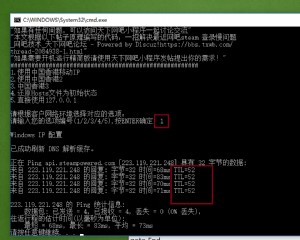

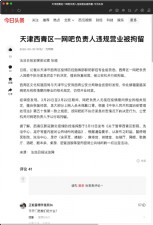
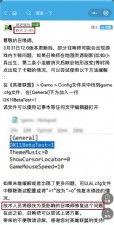

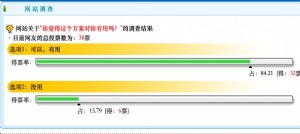
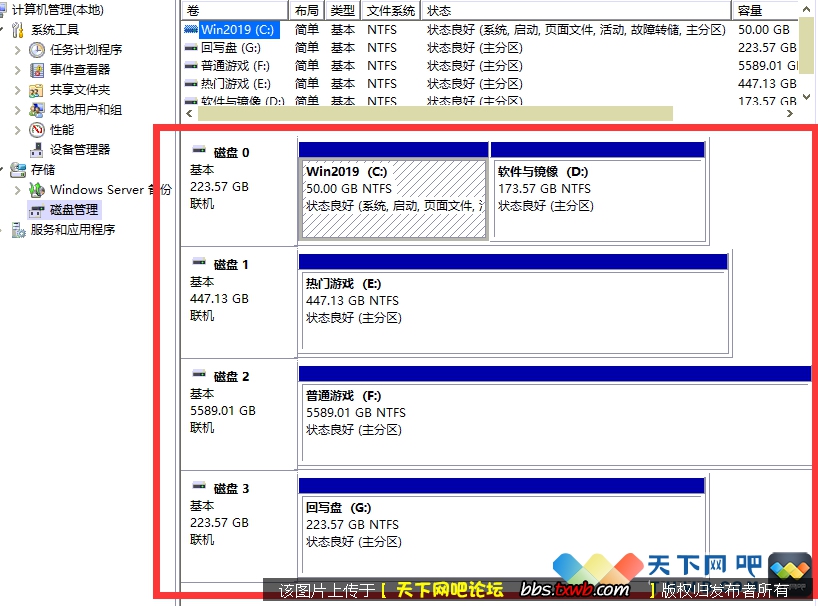

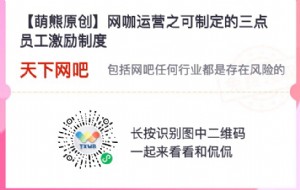
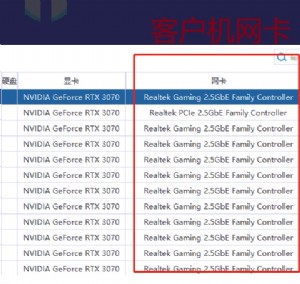


 闽公网安备35010202000238号
闽公网安备35010202000238号
